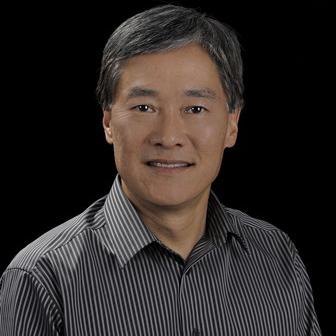
Research Topics
Immune Rejection Mechanisms in Melanoma, Renal Cancer and Other Human Cancers
Our laboratory's major interest is in understanding the mechanisms of immune tumor rejection and then developing reagents to translate this understanding into clinical trials. In the last decade, it has been established that the immune system can cause the complete and durable rejection of certain metastatic cancers in some individuals. Our understanding of this process has been greatly enhanced by the discovery of several dozen tumor-associated antigens expressed by human melanoma, which can be recognized by tumor-reactive T cells. At this point, our major new challenges include:
- Understanding why human melanomas frequently contain tumor-reactive T cells in their tumor infiltrating lymphocytes (TIL) and why other human tumors appear not to
- Discovering why human renal cancers respond to immunotherapies very similarly to melanomas, even without containing tumor-reactive TIL
- Developing the reagents necessary to induce T-cell-mediated rejection of non-melanoma tumors based on principles learned from treating melanoma with T-cell adoptive transfer
Biography
Dr. Yang graduated from the Massachusetts Institute of Technology with a B.S. in biology. He then completed his M.D. and surgical internship and residency at the University of California, San Diego. In 1984, he came to the Surgery Branch, NCI, as a medical staff fellow. He subsequently became a senior staff fellow, then a senior investigator in 1987. He has been involved in studies of the immune response to tumor-associated antigens and has been a principal investigator of clinical trials in renal cell carcinoma and soft tissue sarcoma.
Selected Publications
- Tseng J, Citrin DE, Waldman M, White DE, Rosenberg SA, Yang JC. Thrombotic microangiopathy in metastatic melanoma patients treated with adoptive cell therapy and total body irradiation. Cancer. 2014;120(9):1426-32.
- Tran E, Turcotte S, Gros A, Robbins PF, Lu YC, Dudley ME, Wunderlich JR, Somerville RP, Hogan K, Hinrichs CS, Parkhurst MR, Yang JC, Rosenberg SA. Cancer immunotherapy based on mutation-specific CD4+ T cells in a patient with epithelial cancer. Science. 2014;344(6184):641-5.
- Gros A, Robbins PF, Yao X, Li YF, Turcotte S, Tran E, Wunderlich JR, Mixon A, Farid S, Dudley ME, Hanada K, Almeida JR, Darko S, Douek DC, Yang JC, Rosenberg SA. PD-1 identifies the patient-specific CD8⁺ tumor-reactive repertoire infiltrating human tumors. J Clin Invest. 2014;124(5):2246-59.
- Beane JD, Yang JC, White D, Steinberg SM, Rosenberg SA, Rudloff U. Efficacy of adjuvant radiation therapy in the treatment of soft tissue sarcoma of the extremity: 20-year follow-up of a randomized prospective trial. Ann Surg Oncol. 2014;21(8):2484-9.
- Yang JC, Sherry RM, Rosenberg SA. Melanoma: Why is sentinel lymph node biopsy 'standard of care' for melanoma? Nat Rev Clin Oncol. 2014;11(5):245-6.
Related Scientific Focus Areas
This page was last updated on Monday, May 20, 2024

